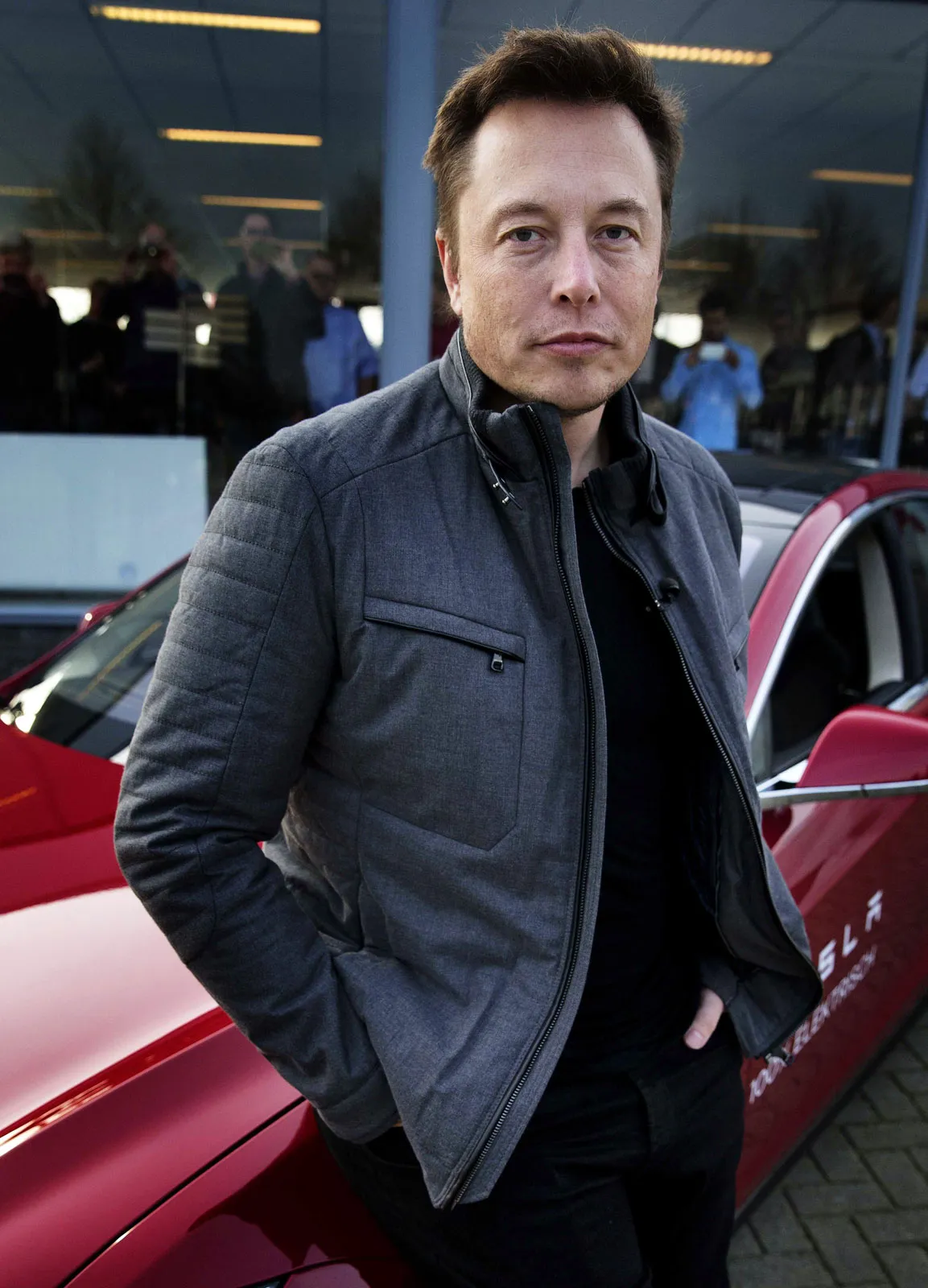

In the fourth quarter, Tesla reported revenue and profit figures that fell short of analysts’ expectations, with automotive revenue seeing only a 1% increase from the previous year. This performance led to a notable decline in the company’s stock value, which dropped nearly 6% during extended trading sessions.
Examining the key financial metrics, earnings per share came in at 71 cents, adjusted, compared to the 74 cents expected by LSEG, formerly known as Refinitiv. Revenue for the quarter amounted to $25.17 billion, slightly below the $25.6 billion anticipated by analysts at LSEG. Despite this, total revenue managed to increase by 3% from the previous year’s figure of $24.3 billion. However, the operating margin for the quarter decreased to 8.2%, down from the 16% reported in the same quarter of the previous year, though it was slightly higher than the 7.6% from the prior quarter.
The modest growth in automotive revenue was attributed in part to a reduced average selling price resulting from significant price cuts globally in the latter half of the year. Despite this, net income for the quarter more than doubled, reaching $7.9 billion, or $2.27 per share, compared to $3.7 billion, or $1.07 per share, in the same period a year earlier. This substantial increase was primarily driven by a $5.9 billion one-time noncash tax benefit.
In its investor presentation, Tesla cautioned that vehicle volume growth in 2024 may experience a notable decrease compared to the previous year’s growth rate. This projection is attributed to the company’s focus on launching its next-generation vehicle in Texas, indicating that Tesla is currently navigating between two major growth phases.
During the earnings call, CEO Elon Musk addressed concerns regarding his expressed desire to own 25% of Tesla. This statement was made in a recent tweet where Musk outlined his vision of turning Tesla into a leader in AI and robotics. Responding to questions about potential investor discomfort with this goal, Musk highlighted the issue of being potentially ousted by a shareholder advisory board and suggested the possibility of implementing a dual-class share structure. He also expressed frustration with proxy advisory firms like Institutional Shareholder Services (ISS) and Glass Lewis, as well as activists whom he believes hold unconventional ideas about corporate governance.
